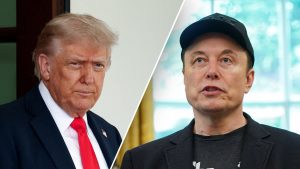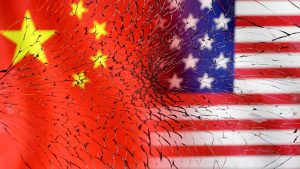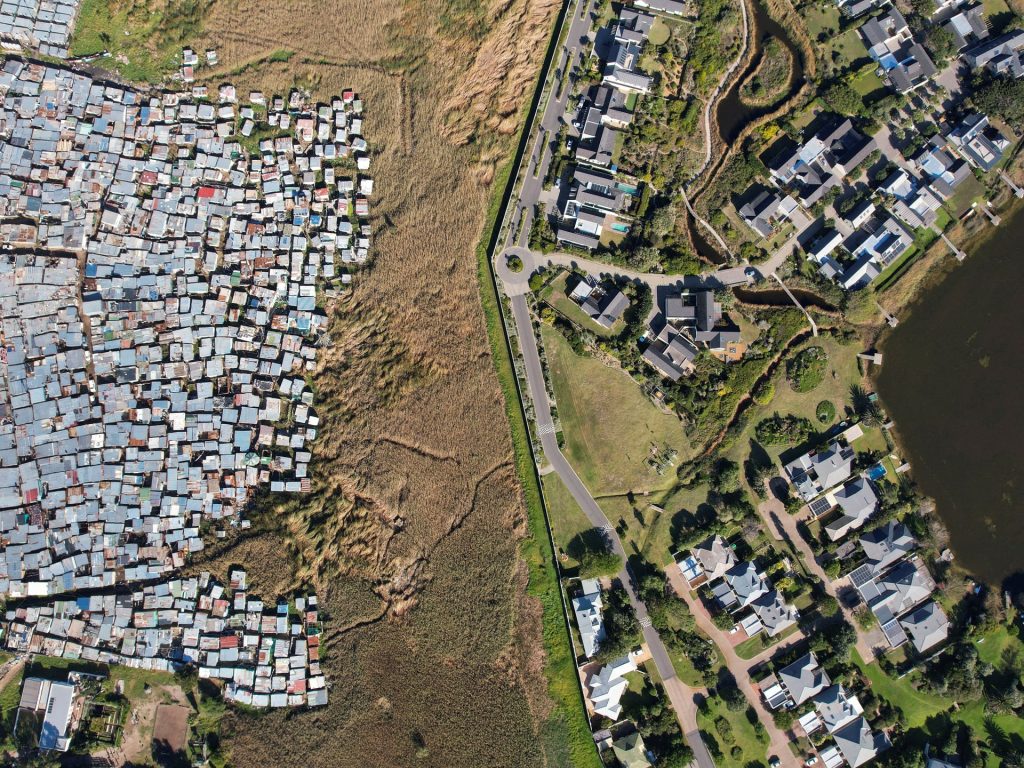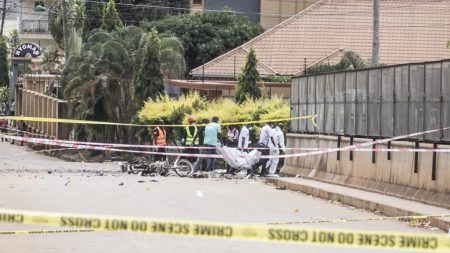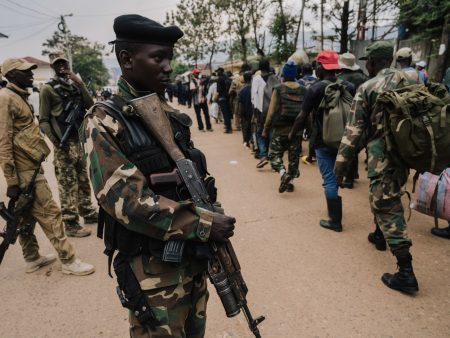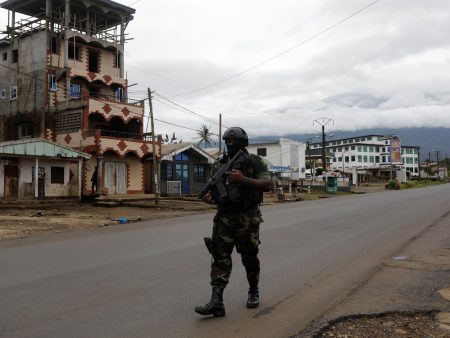The recent controversy surrounding South Africa’s land expropriation policy ignited when former US President Donald Trump threatened to cut all funding to the country, alleging illegal land seizures targeting white South Africans. Trump’s accusations, fueled by misinformation and lacking evidence, stem from the narrative propagated by right-wing groups like AfriForum, which portrays white landowners as victims of racially motivated dispossession. South African President Cyril Ramaphosa vehemently denied these claims, emphasizing that the Expropriation Act, a recently adopted law, aims to address historical land ownership disparities resulting from apartheid, not to confiscate land unlawfully. The Act provides a legal framework for expropriation in the public interest, with compensation, and only allows for nil compensation in specific circumstances, like unused or hazardous land. This narrative of “white genocide” and land grabs has been repeatedly debunked by researchers and academics, who attribute farm attacks and robberies to South Africa’s broader violent crime problem, not a targeted campaign against white farmers.
At the heart of this issue lies South Africa’s complex history of land dispossession, deeply rooted in colonialism and apartheid. The Natives Land Act of 1913 severely restricted Black South Africans’ access to land, leading to forced removals and creating the stark inequalities that persist today. Despite the end of apartheid in 1994, land ownership remains skewed, with a small white minority owning a disproportionately large share of farmland. The Expropriation Act is an attempt to rectify this historical injustice and fulfill the Freedom Charter’s vision of land belonging to all who live in it. While the government insists on a fair and legal process, the debate highlights the ongoing struggle for equitable land distribution in South Africa.
Trump’s intervention, according to political analyst Ongama Mtimka, is likely driven by a combination of misinformation and a coercive foreign policy agenda. Trump’s history of punitive sanctions against other countries, coupled with South Africa’s recent criticism of Israel at the International Court of Justice, suggests a broader political motivation. Furthermore, the influence of Elon Musk, a South African-born billionaire and close advisor to Trump, cannot be ignored. Musk has been a vocal critic of South Africa’s land reform policies, accusing the government of racist practices. His public questioning of Ramaphosa on social media further fueled the controversy, prompting a direct conversation between the two leaders to address misinformation and distortions regarding South Africa.
The implications of Trump’s statements for US-South Africa relations are multifaceted. While Ramaphosa emphasized diplomatic engagement and a commitment to constitutional democracy, other South African officials responded more forcefully. Mineral Resources Minister Gwede Mantashe suggested withholding mineral exports to the US in retaliation for any funding cuts, highlighting the potential economic ramifications of strained relations. While South Africa downplayed the impact of potential US aid cuts, emphasizing the limited scope of such funding, the country acknowledges the importance of the US as a major trading partner. The rand, stocks, and bonds all experienced a downturn following Trump’s threats, reflecting investor concerns about the future of the bilateral relationship.
The controversy also underscores the ongoing debate within South Africa about land reform. While the government emphasizes the legality and fairness of the Expropriation Act, concerns remain about the potential for abuse and the need for transparent implementation. Balancing the imperative of addressing historical injustices with the protection of property rights is a complex challenge, and the ongoing debate underscores the deep-seated emotions and political sensitivities surrounding land ownership in South Africa.
Ultimately, the clash between Trump’s accusations and the South African government’s defense highlights the intersection of domestic policy, international relations, and the legacy of historical injustice. The Expropriation Act, while presented as a tool for redress, has become a lightning rod for criticism, fueled by misinformation and political agendas. The future of US-South Africa relations hinges on the ability of both countries to navigate these complex issues through diplomatic dialogue and a commitment to factual accuracy, ensuring that the pursuit of land reform does not devolve into a political tool for division and international tension.

